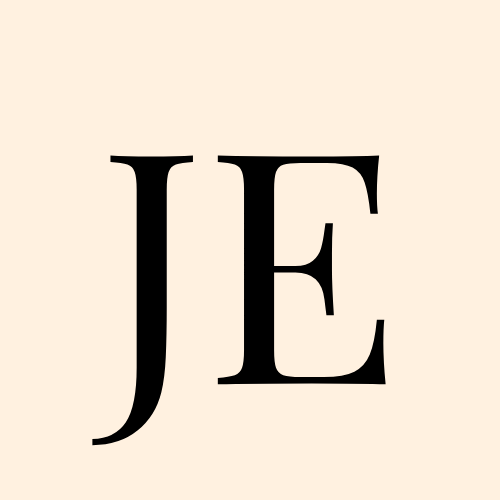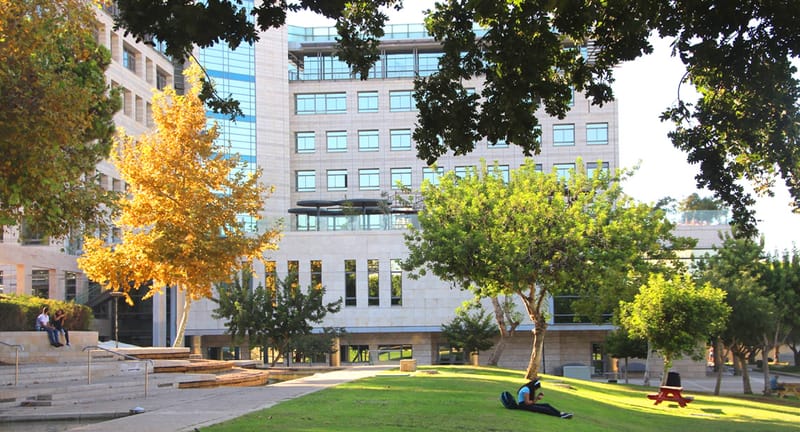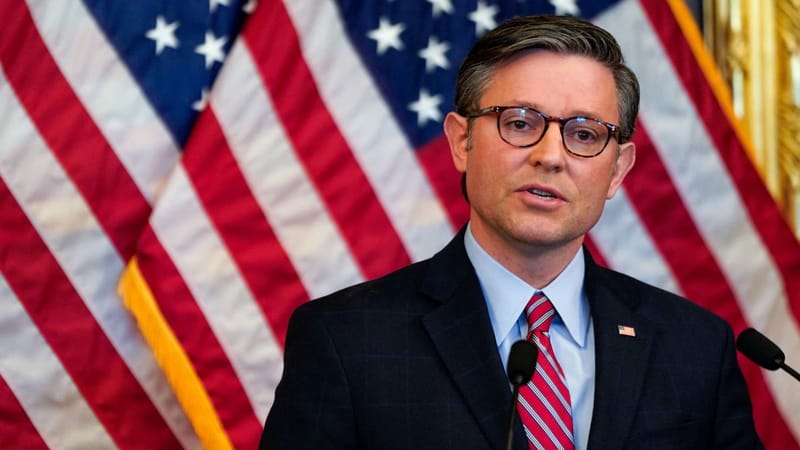Is Mario Draghi the Next European Commission President?
Draghi's extensive experience in both national and European financial institutions places him as a key contender to lead the Commission next.

As Ursula von der Leyen's term as President of the European Commission approaches its end, discussions around potential successors have intensified. Among the notable figures, Mario Draghi, the former Prime Minister of Italy and President of the European Central Bank, is considered a strong candidate. Draghi's extensive experience in both national and European financial institutions places him as a key contender to lead the Commission next.
During his tenure, Draghi was instrumental in steering the European economy through significant crises, famously declaring he would do "whatever it takes" to preserve the euro. This stance, combined with his leadership roles, including his significant contributions to Italy's economic reforms and recovery plans, underscores his expertise in managing complex economic and political landscapes.
Recently, Draghi was involved in discussions with the European Commission on strategies to enhance the EU's economic competitiveness, indicating his ongoing influence and engagement with current European issues. This involvement is seen as part of his broader advisory role, which could segue into more formal leadership if he were chosen to succeed von der Leyen.

Born on September 3, 1947, in Rome, Italy, Draghi has a robust academic background with a PhD in Economics from the Massachusetts Institute of Technology. His professional journey includes serving as the Governor of the Bank of Italy, the President of the European Central Bank (ECB), and the Prime Minister of Italy.
During his tenure at the ECB from 2011 to 2019, Draghi was pivotal during the Eurozone crisis, implementing policies that were crucial in stabilizing the euro. His approach, encapsulated by his commitment to do "whatever it takes" to preserve the euro, helped mitigate the crisis's impact. This stance not only bolstered his reputation as a decisive leader but also earned him the nickname "Super Mario."
After the ECB, Draghi was called to lead Italy as its Prime Minister during a tumultuous period marked by the COVID-19 pandemic. His government, formed in February 2021, was a broad coalition spanning across Italy's political spectrum, tasked with navigating the pandemic's economic fallout and implementing Italy's recovery plan funded by the EU.
In terms of support, Draghi has been well-regarded by centrist and pro-European factions for his pragmatic approach to economic policy and crisis management. His policies, especially those aimed at fiscal stability and structural reforms, have been praised by business leaders and international policymakers.
However, his approach has also faced criticism, particularly from more populist and right-wing elements within Italy. These groups have sometimes viewed his economic measures as favoring elite interests at the expense of broader populist demands. The friction culminated in challenges to his leadership, notably when the Five Star Movement withdrew its support, leading to his resignation in 2022.
Given the geopolitical and economic challenges facing Europe, Draghi's potential candidacy could offer continuity and depth of experience crucial for the European Union's next phases of governance and policy-making. However, his appointment would depend on the political dynamics within the EU, including the support of member states and key EU figures, as well as the outcome of the upcoming European elections which could significantly influence the selection process.






